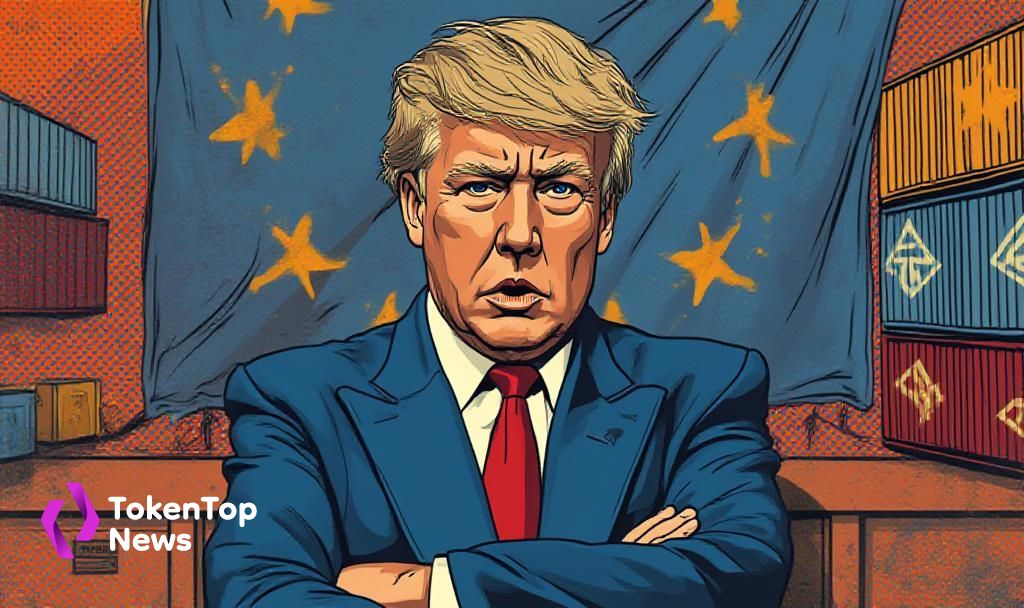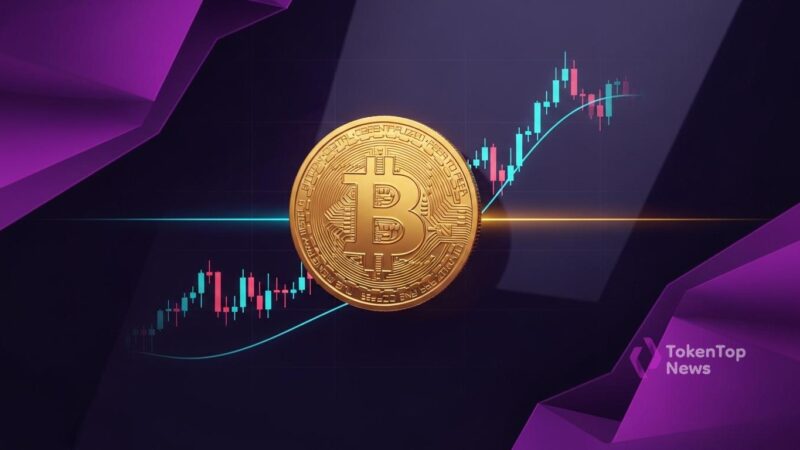US-EU Tariff Agreement Imposes 15% Tariff on EU Goods
- US and EU agree on a 15% tariff deal.
- EU invests $600 billion in the US.
- Aerospace sector exempt from the tariff.

The U.S. and EU have agreed to a 15% tariff on most European goods, announced in July 2025 by Presidents Donald Trump and Ursula von der Leyen.
This reshapes trade, emphasizing sectors like energy and aerospace, while cryptocurrencies show no notable reaction to this development.
The U.S. has officially imposed a 15% tariff on most European goods, excluding pharmaceuticals and metals. Officials describe it as an “all-inclusive” tariff deal, reshaping investment trends and affecting the energy sector, particularly influencing supply chains and investments.
Leaders involved include U.S. President Donald Trump and European Commission President Ursula von der Leyen. They negotiated directly, announcing that the tariff impacts multiple sectors but excludes aerospace due to its ongoing Boeing-Airbus relations.
The new tariff affects EU renewable energy exporters while benefiting U.S. LNG and nuclear suppliers through expanded contracts. The defense sector sees potential gains through “vast amounts” of U.S. weapon sales to Europe, according to officials.
Financially, the EU commits to investing $600 billion in the U.S., with a further $750 billion dedicated to U.S. energy imports. This agreement is impacting the geopolitical landscape and market dynamics significantly, particularly within trade and defense sectors.
“The 15% rate was ‘all-inclusive,’ but Trump said later that it didn’t apply to pharmaceuticals and metals though it does for autos.” – Ursula von der Leyen, President, European Commission
There is no evidence of the tariff affecting crypto markets directly. However, past tariff disputes have triggered volatility in BTC and ETH. This event doesn’t show affected crypto project governance or prompt adjustments from major crypto influencers.
Insights indicate historical tariff escalations have led to market volatility. Observations suggest that while BTC and ETH historically respond to macroeconomic shifts, no direct link is found between the current tariff decision and crypto market activities.





